Youth Mental Health Roadmap for Western Massachusetts
Good mental health is essential for youth to thrive in their lives—from their homes to schools to relationships and beyond. Youth mental health was identified as a priority need in our communities even before the COVID-19 pandemic through Community Health Needs Assessments. This need was made worse by the unprecedented challenges our youth faced during the pandemic. An estimated 45% of youth responding to the MDPH COVID-19 Community Impact Survey reported sustained depressive symptoms that impacted their daily activity in the fall of 2020. This finding is consistent with the high levels of anxiety and depressive symptoms reported from school-based youth surveys in our region.
Our Role
To support our youth’s mental health, we need to target the full spectrum of support: promotion, prevention, treatment, and recovery. Throughout 2023, the Public Health Institute of Western Massachusetts convened a range of stakeholders to create a roadmap that prioritizes promotion and prevention efforts, building off the important findings from the Commonwealth’s Promote and Prevent Commission’s 2018 report, as well as the 2021 Massachusetts Behavioral Health Roadmap.
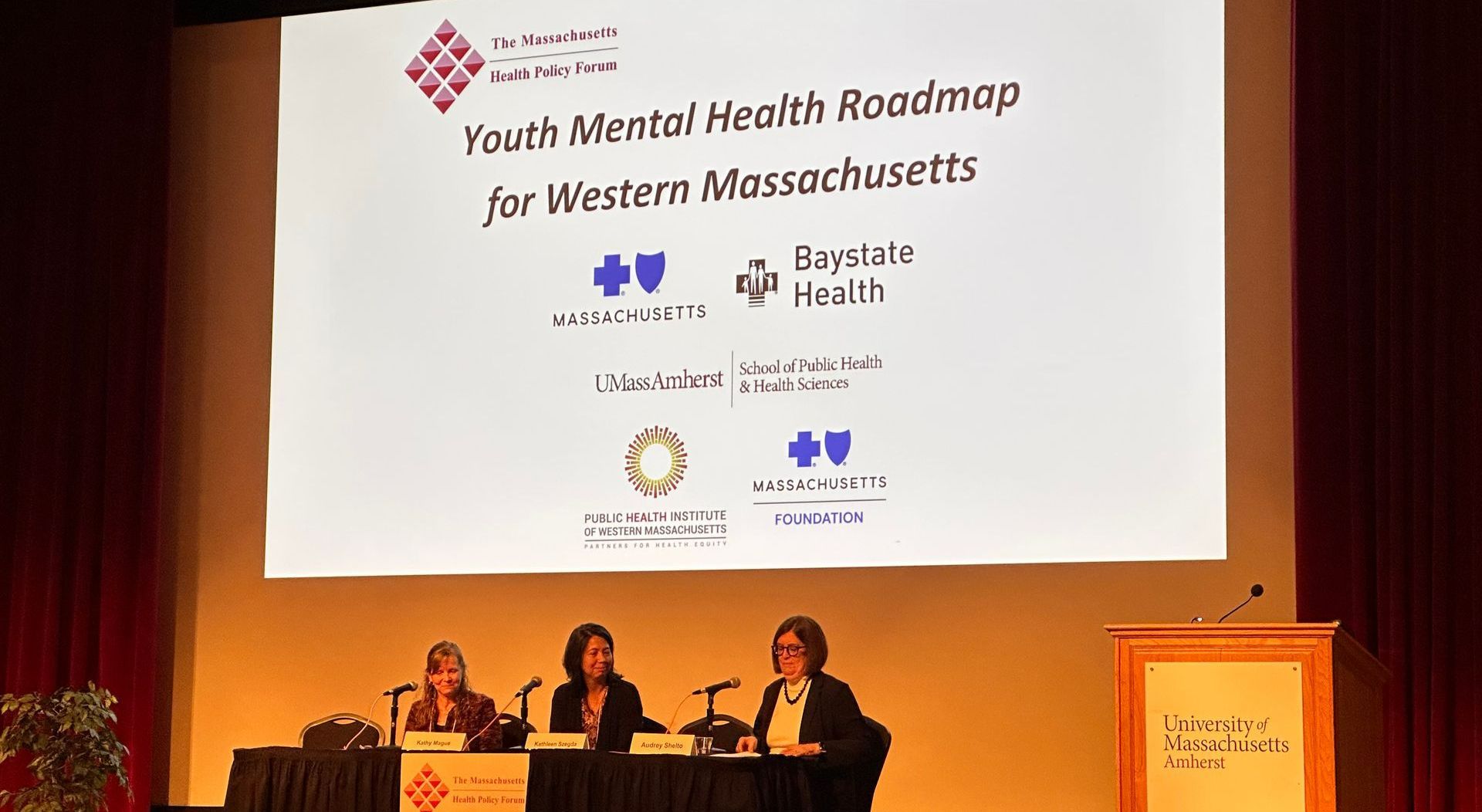
Projects
Youth Mental Health Roadmap for Western Massachusetts
Download the Roadmap and related materials.
- Sections of the report:
- Background
- Destigmatizing and Normalizing
- Social Connection
- Social and Emotional Learning
- Social Media
- Community-Clinical Linkages
- Policy Recommendations
- References
- Roadmap Issue Brief (Taking action to support our youths’ mental health)
- Nov 1 Presentation Slides
Learn more about destigmatizing and normalizing discussions about mental health.
Destigmatizing and Normalizing
Although mental health stigma has been decreasing over time, it still remains and continues to have an impact on people struggling with their mental health. Stigma can affect one’s ability or willingness to acknowledge mental health challenges, discuss mental health, and seek help. Stigma is complex and influenced by many factors.
Spotlight: I Am More Than My Mood
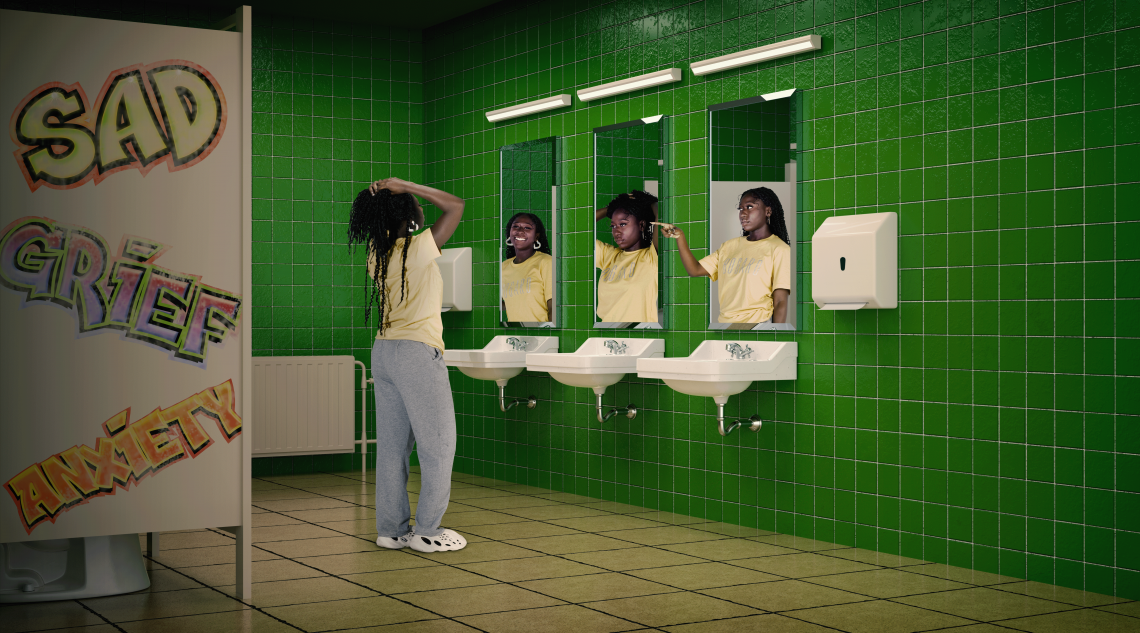
Out of a need to reduce generational stigma around mental health and to spread awareness about the impacts of stress, anxiety, and depression, the Springfield Youth Mental Health Coalition (YMHC) decided to create an awareness campaign for youth and families in the Greater Springfield area. To ensure the receptivity of the campaign, they included their Beat the Odds (BTO) youth advisors and community every step of the way. In 2021, YMHC formed a multisector communications committee to help inform the campaign. In the fall of 2022, YMHC hired the marketing firm Axiom Blue to develop the mental health awareness communications campaign. The campaign launched in February 2023. It consists of social media content, posters, postcards, banners, and billboards—all directing people back to MoreThanMyMood.org to access mental health resources for youth and adults.
The Springfield Youth Mental Health Coalition has received funding from the Massachusetts Department of Public Health Office of Problem Gambling Services, Davis Foundation, Trinity Health of New England, Whitcomb Foundation, Women’s Fund of Western Massachusetts, and City of Springfield.
community-clinical linkages
Connecting mental health promotion and prevention strategies outlined in this Roadmap with clinical care will improve health outcomes for youth.
As part of these coordinated efforts, embedding clinical care in the many settings where young people are found is critical to supporting youth mental health needs. Examples of these strategies that arose in our interviews included embedding behavioral health providers at libraries and creating more partnerships between schools and behavioral health providers to offer mental health services. Similarly, there is a need to embed promotion and prevention services in medical and behavioral health care.
Spotlight: Southern Berkshire Community Care Coordination
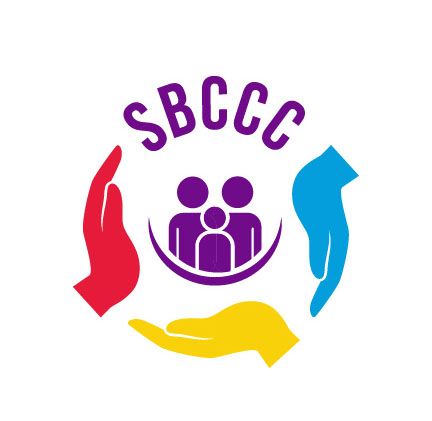
Southern Berkshire Community Care Coordination (SBCCC) is a community outreach project of Fairview Hospital in Great Barrington, Massachusetts. Starting as a grassroots effort eight years ago, SBCCC has built strong service networks between pediatric practices and the two largest school districts in southern Berkshire County. The model of care connects pediatric providers with school staff in team-based care, where they support one another while providing optimal care and access to resources such as medical and behavioral health and educational, cultural, and social services for children struggling with issues such as anxiety, depression, ADHD, and learning difficulties. Care coordinators in the pediatric office prioritize family-directed goals informed by school and provider input; facilitate communication between families, schools, and pediatric providers; organize team meetings; support family navigation of the complex healthcare landscape, while enhancing families’ self-management skills; maintain an up-to-date list of community resources; and track referrals and address barriers to success. SBCCC builds relationships with already-existing community resources including the Brien Center Community Behavioral Health Center and the Southern Berkshire Health Coalition.
SBCCC focuses on prevention by identifying and addressing problems early. SEL screening in schools and mental health screening in medical practices help identify children who would benefit from SBCCC’s team-based care.
Implementation of the SBCCC model of care has increased the success of referrals from school to community mental health services from 6 to 50 percent. The model emphasizes equitable access to resources and increases family engagement. The program has financial support from the Massachusetts Legislature, the Austen Riggs Center, BHS, CHP, and several local foundations.
ADDITIONAL YOUTH DATA
Here's where you can find additional youth health survey data (including mental health data):
- Franklin County and the North Quabbin
- Hampshire County
- Springfield (located in Hampden County)

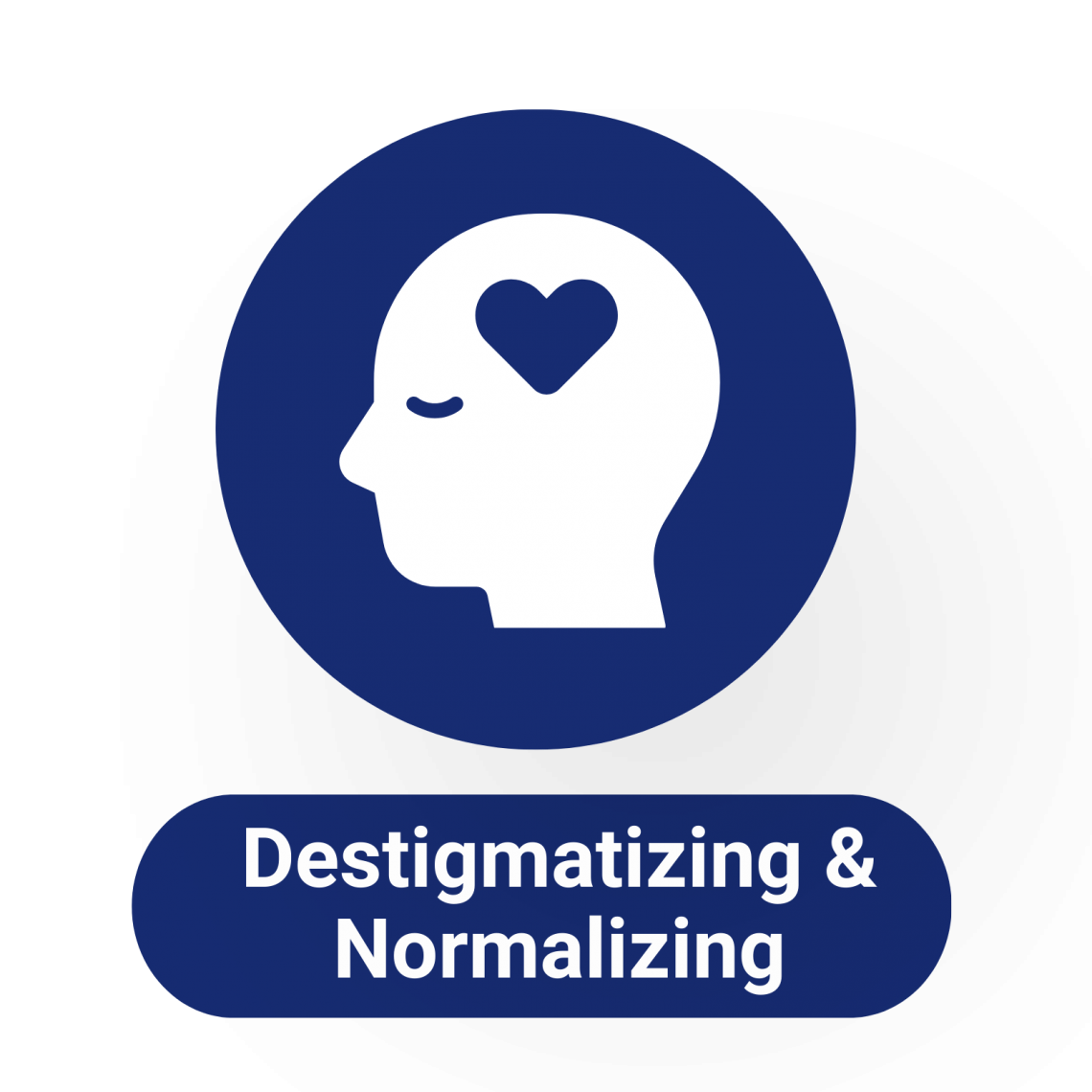



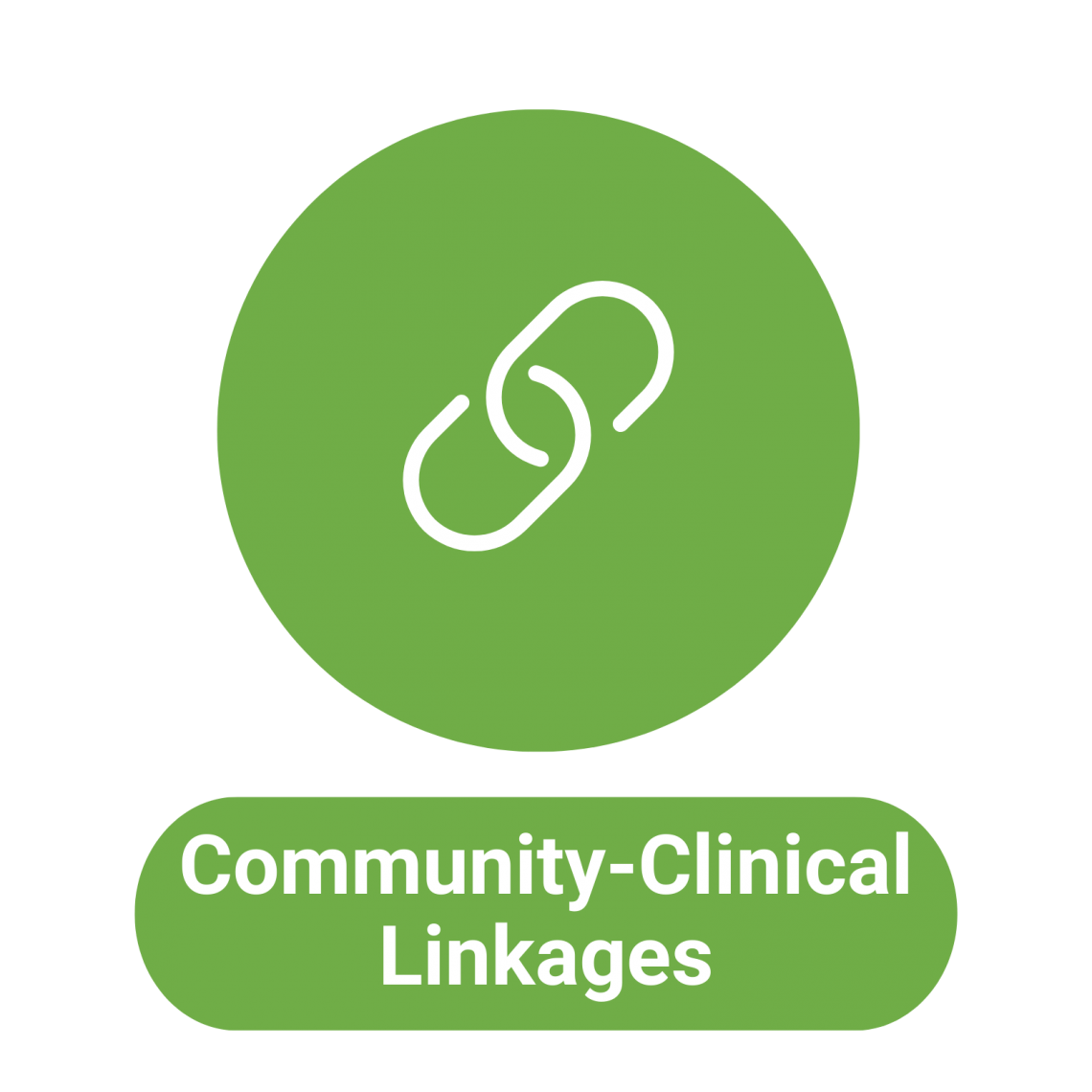
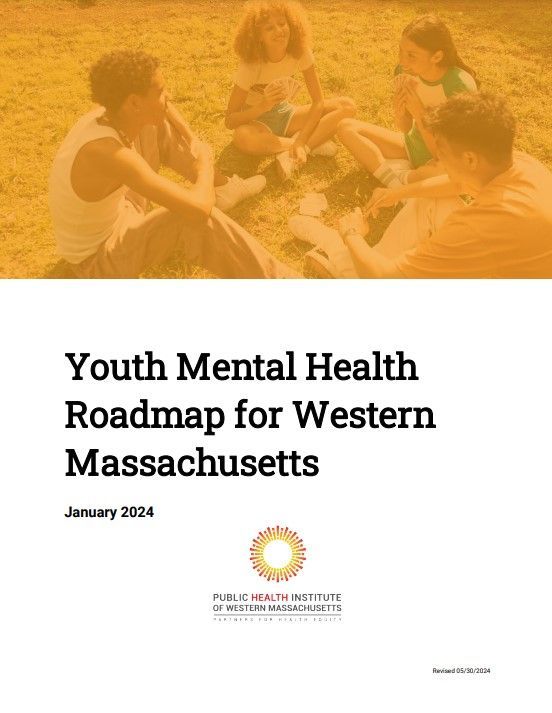
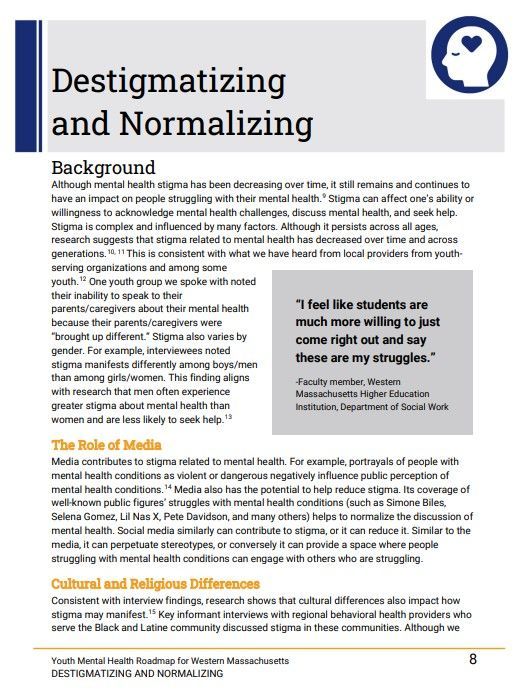
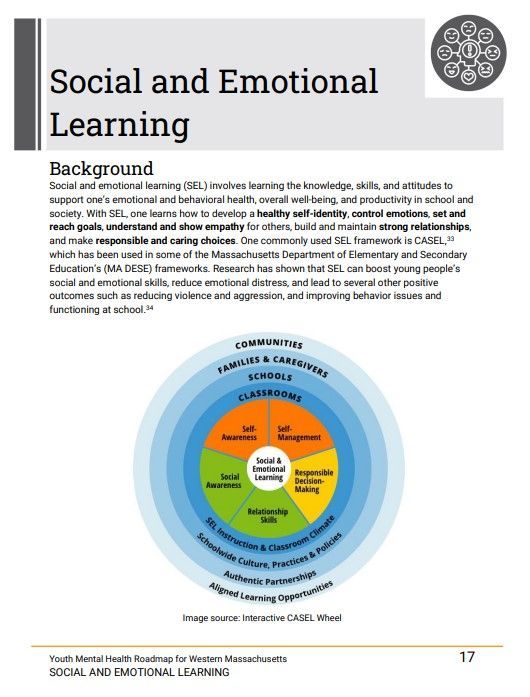
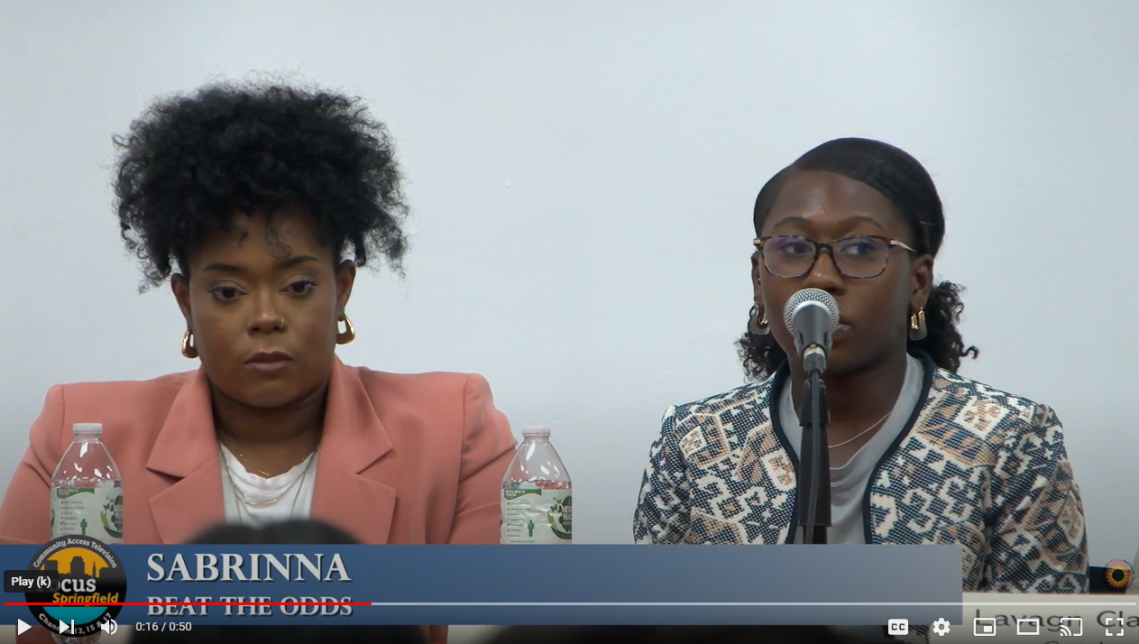
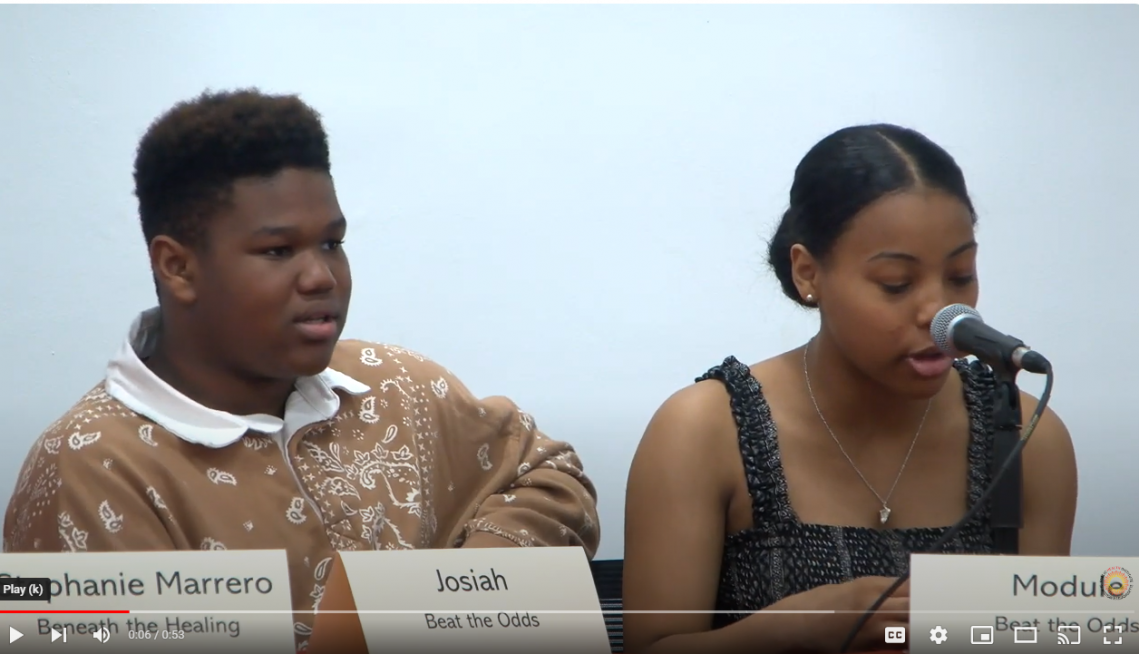
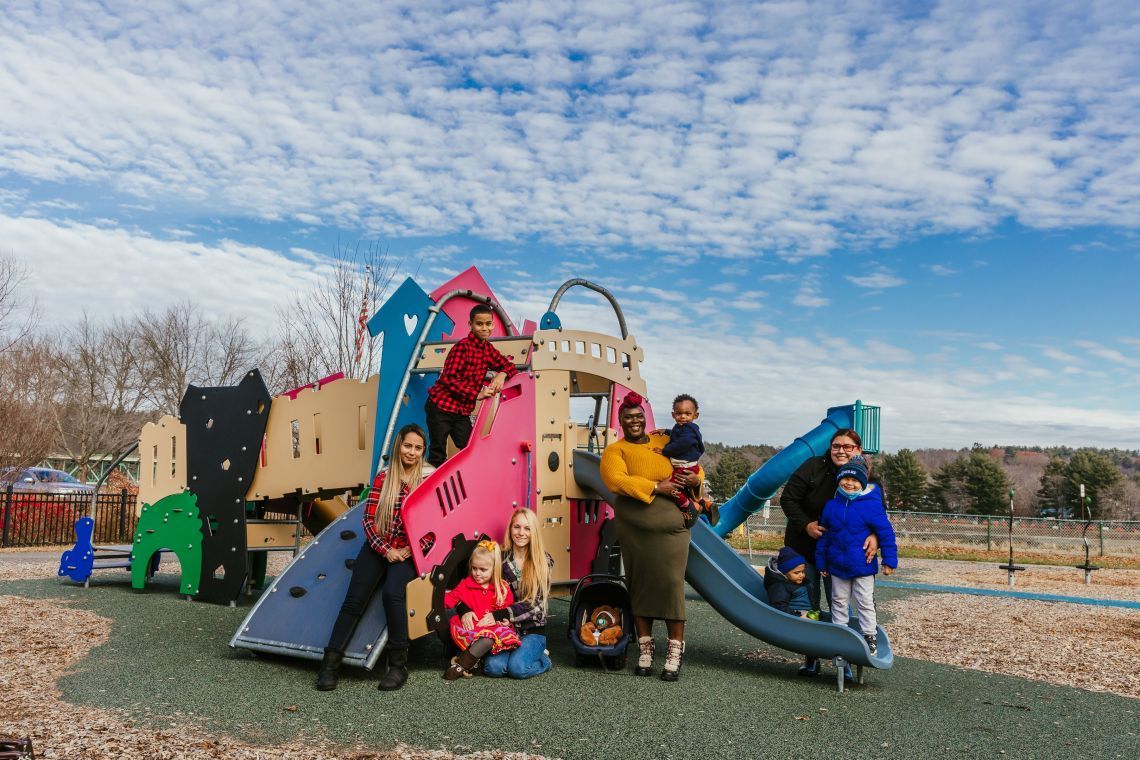
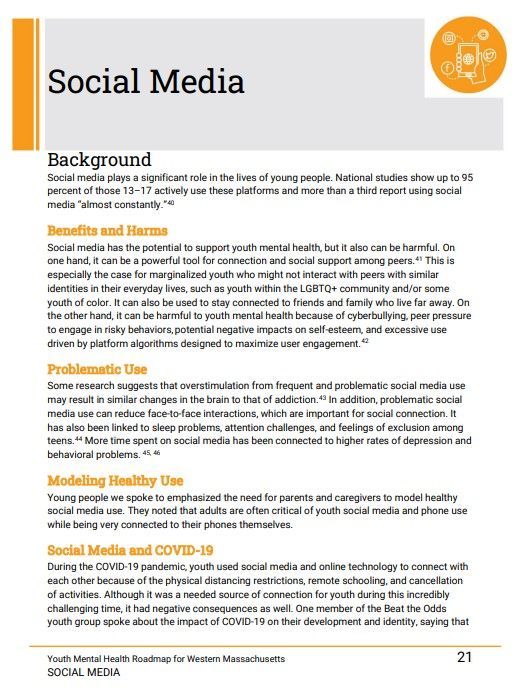
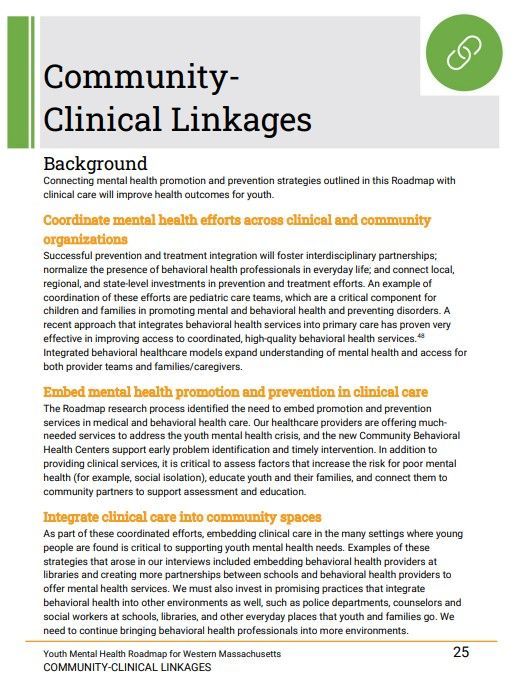

Social Connection
In our society, data shows that we are becoming less socially connected over time and that loneliness has become widespread.28 Isolation can increase the risk of mental health conditions such as depression and anxiety, as well as other physical health conditions.
Spotlight: Northampton's Youth for Equity and Action
Youth for Equity and Action (YEA), a group of Northampton High School students collaborating with the city’s Department of Health and Human Services, recently completed a Youth Participatory Action Research Project about their own health. Their findings highlighted the need for connection through (1) restorative practices in school (such as youth-led community-building circles), and (2) creating intentional time and space during the day to casually connect with peers, friends, and supportive adults.
Some of the other needs identified in the project included expanded access for all students to a mental health curriculum and mental health counseling; greater equity in decision-making by inviting youth to the table and sharing power; more diverse representation in the school staff, curriculum, and art; updated health education in all grades PreK–12 that is inclusive, queer- and trans-affirming, and body-positive; and increased safety at school, such as implementing a trauma-informed response after school lockdowns.
Adopting the mantra "Nothing About Us Without Us" coined by the disability justice movement, YEA recognizes the necessity of involving youth in addressing the mental health crisis. They are now taking leadership roles to change their school culture, including growing restorative practices in their district, demanding more diverse representation in their curricula and faculty, and meeting with local and state leaders to demand more health education.
Learn more about social connection.